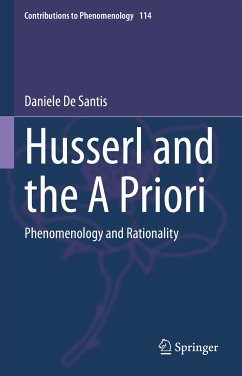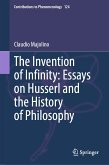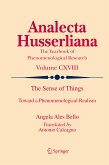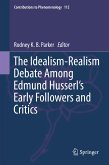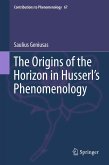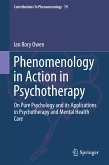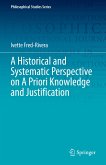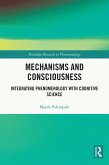Starting from the assessment of the introduction of the notion of a priori knowledge in the context of the Logical Investigations, this text uniquely explores its development during the Göttingen years. It is at this time during his work on The Crisis of European Sciences, that Husserl comes to see the a priori as a criterion to interpret the history of philosophy, notably, modern philosophy. This book sheds light upon such concepts as: essence and eidos; ideation, eidetic attitude and eidetic reduction; as well as formal and material, innate and contingent a priori. The authorargues that the a priori becomes for Husserl the expression of an ontological form of rationality, i.e., the rationality immanent to being. This book appeals to students and researchers working on Husserl and phenomenology.
Dieser Download kann aus rechtlichen Gründen nur mit Rechnungsadresse in A, B, BG, CY, CZ, D, DK, EW, E, FIN, F, GR, HR, H, IRL, I, LT, L, LR, M, NL, PL, P, R, S, SLO, SK ausgeliefert werden.

